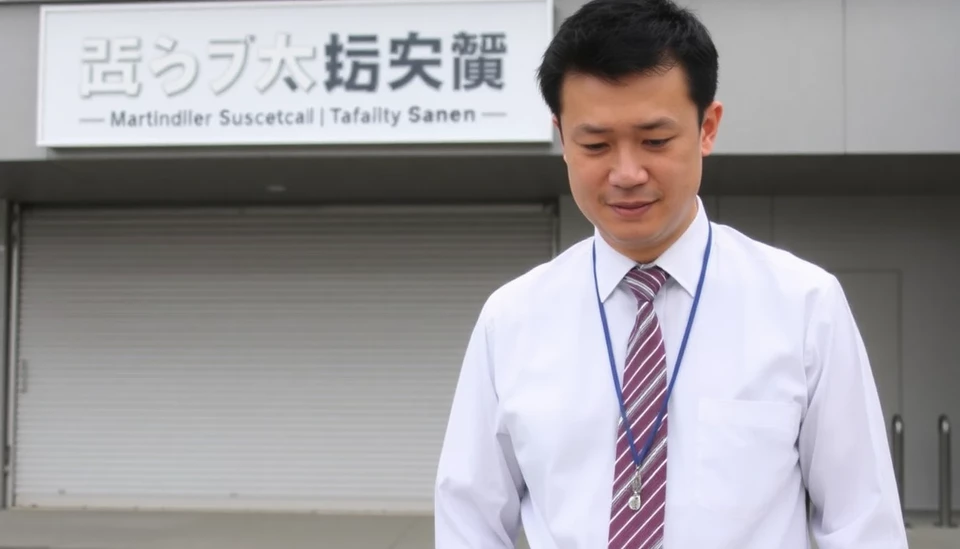
In a significant financial maneuver, Japanese insurance companies have embarked on selling approximately $11 billion worth of cross-held shares. This decisive action facilitates a pivotal strategic pivot, as these firms aim to realign their investment portfolios ahead of impending regulatory changes.
Historically, many Japanese firms, particularly insurance companies, have maintained cross-shareholdings with various corporations as a means to foster stability and solidarity in corporate governance. However, the landscape is gradually shifting as companies reassess these arrangements in favor of greater capital efficiency and responsiveness to market dynamics.
With the anticipated changes in regulations, insurance firms are embracing a proactive stance by divesting these cross-held shares. The decision is largely seen as a response to both domestic and global market conditions, where foreign investors are increasingly seeking clearer ownership structures devoid of complex inter-company relationships. The mass liquidation of these shares signals a broader trend among Japanese insurers to pivot toward maximizing shareholder value, rather than sustaining long-held corporate ties.
This strategic divestment has the potential to reshape Japan's investment climate and, by extension, its economy. Analysts speculate that if insurance companies move more aggressively to diversify their holdings, it could lead to increased market volatility in the short term, but ultimately align the sector more closely with global best practices in investment and value creation.
As these companies look to invest in high-growth sectors, the implications for the Japanese economy could be profound. With sizable amounts of capital being released into the market, new opportunities may arise for innovative industries and start-ups, bolstering overall economic growth in the long term.
This timely shift in the investment paradigm of Japanese insurance firms indicates a significant departure from decades of traditional practices and reflects a growing recognition of the need for adaptability in an evolving economic landscape.
As this trend unfolds, stakeholders across the financial spectrum will be keenly observing how these changes impact not only the insurance sector but also the broader Japanese corporate landscape and economy.
In conclusion, the decision of Japan's insurers to divest $11 billion in cross-held shares marks a noteworthy transformation in a sector long characterized by stakeholder entrenchment. With impending regulatory changes and a shifting market environment, this strategic maneuver points to a future where flexibility and capital efficiency take precedence over tradition.
#JapanInsurance #FinancialStrategy #CrossHeldShares #Investment #JapaneseEconomy #MarketTrends #RegulatoryChanges
Author: Victoria Adams
